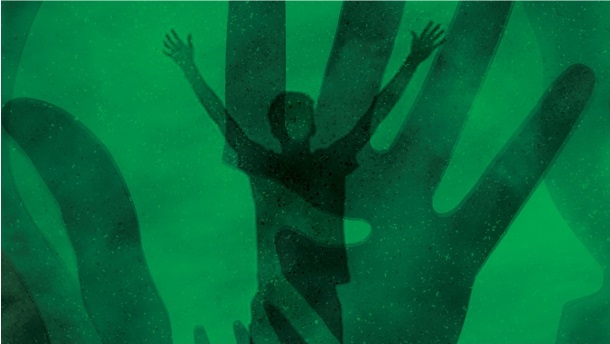
Summary: The A.C.C. of Leadership is about three powerful words—Awareness, Choice, and Care—that have the potential to change our lives. All that is required on our part is to understand and implement them.
Log In or become an AIMA member to read more articles
